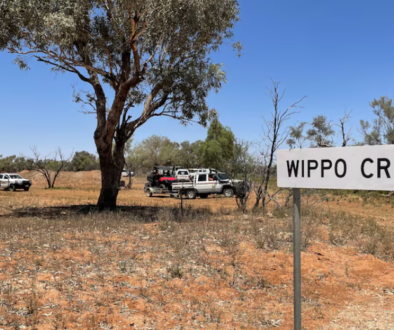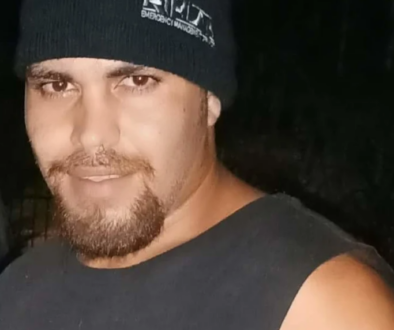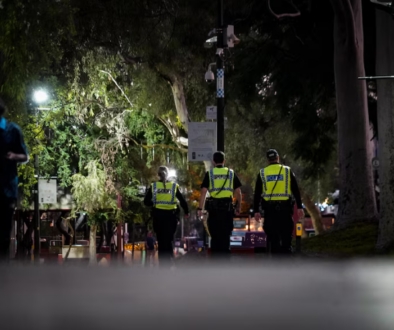Family of Steven Nixon-McKellar ‘deeply saddened’ by focus of death in custody inquest
Originally published on ABC Southern Queensland by Lara Cocks.
Key points:
- Lawyers have argued in court about the “latitude” given to evidence about LVNRs
- Steven Nixon-McKellar’s mother and brother say they have been “deeply saddened” by the “relentless focus” on trying to “justify” their loss
- The family’s lawyer withdrew an allegation that the hearing was being consumed by people “in favour” of the LVNR
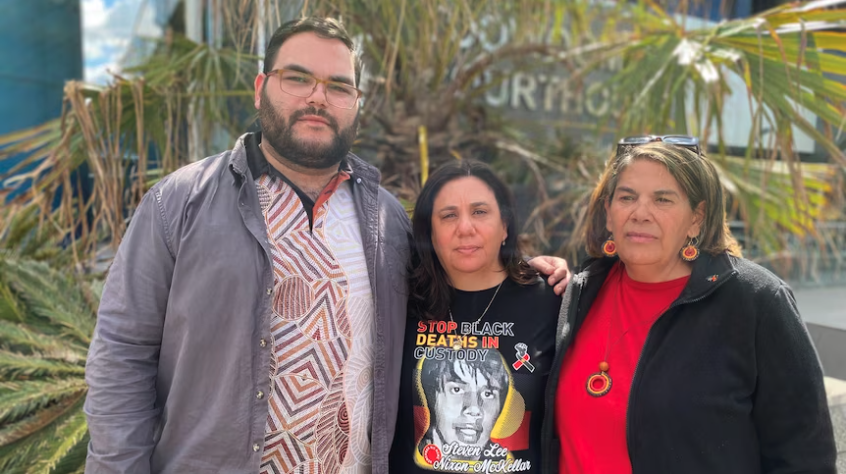
The family of a man who died during a police arrest in Toowoomba has raised concerns that an inquest to his death is focused on other issues.
Steven Nixon-McKellar, 27, died in October 2021 of a cardiac arrest after a lateral vascular neck restraint (LVNR) was applied to him during an altercation with police.
The inquest has heard the manoeuvre, which the Queensland Police Service removed from use – except under extreme circumstances – in April 2023, involves the application of pressure to the sides of the neck to restrict blood flow to the brain.
An inquest before State Coroner Terry Ryan commenced on Monday and witnesses have been giving evidence about the use of the LVNR against Mr Nixon-McKellar and its application more broadly.
Mr Nixon-McKellar’s mother, Raelene Nixon, said outside Toowoomba Court House today that she felt saddened by what she had heard so far.
“From our perspective it does feel like the inquest has been used as a forum for another issue,” she said.
“Much of the time has been spent on the use of the LVNR.”
Mr Nixon-McKellar’s younger brother, Jarmmarley Willett, agreed.
“We have been deeply saddened by the relentless focus on justifying the tragic loss of Steven,” he said.
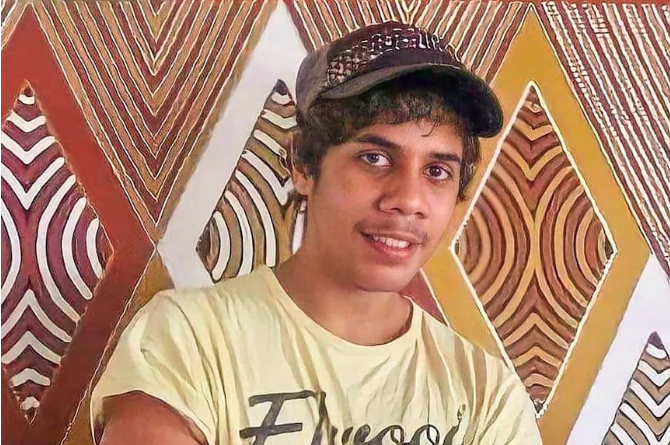
Questions of ‘latitude’
The lawyer representing the family, Stewart Levitt, also questioned the “latitude” being given to evidence around the LVNR in the inquest today.
Mr Levitt asked Inspector Anthony Buxton from the QPS Operational Training Services LVNR Working Group whether the use of the restraint on Mr Nixon-McKellar was proportional to what police knew about him.
But Mr Levitt’s examination was opposed by counsel assisting the coroner.
Mr Levitt told the coroner he felt the inquest was being turned into a “lobbying exercise” to reintroduce the controversial manoeuvre.
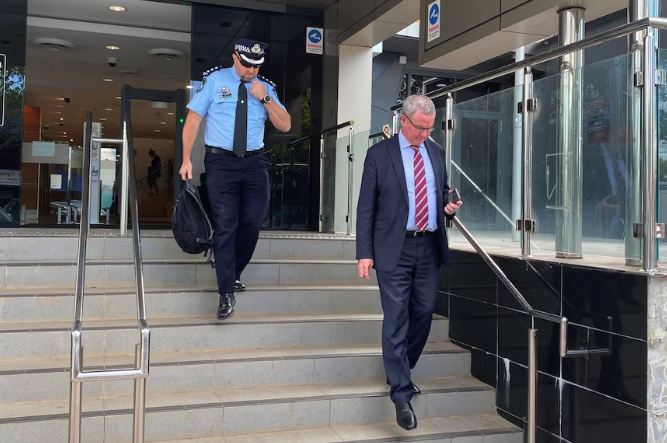
“There’s an enormous amount of material filed in relation to the LVNR itself,” Mr Levitt told the inquest.
“Twenty-five per cent of the hearing time is being taken up with people in favour of the LVNR in terms of police practice going forward.”
Both counsel assisting the coroner Julie Pietzner-Hagan and the lawyer representing the individual police officers, Justin Greggery, strongly opposed that proposition, which Ms Pietzner-Hagan described as a “defamatory” allegation.
Coroner Terry Ryan told Mr Levitt that he had access to the witness lists and brief of evidence prior to the inquest and had the opportunity to make submissions.
Mr Levitt told the coroner he withdrew any allegations.
The inquest continues.
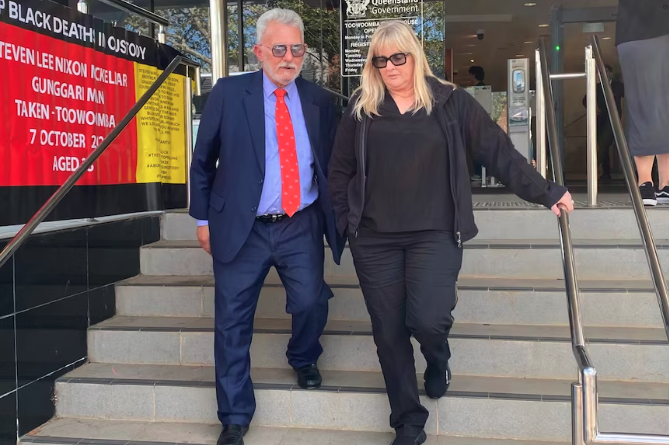
Contact us
Please provide a brief description of your claim.

